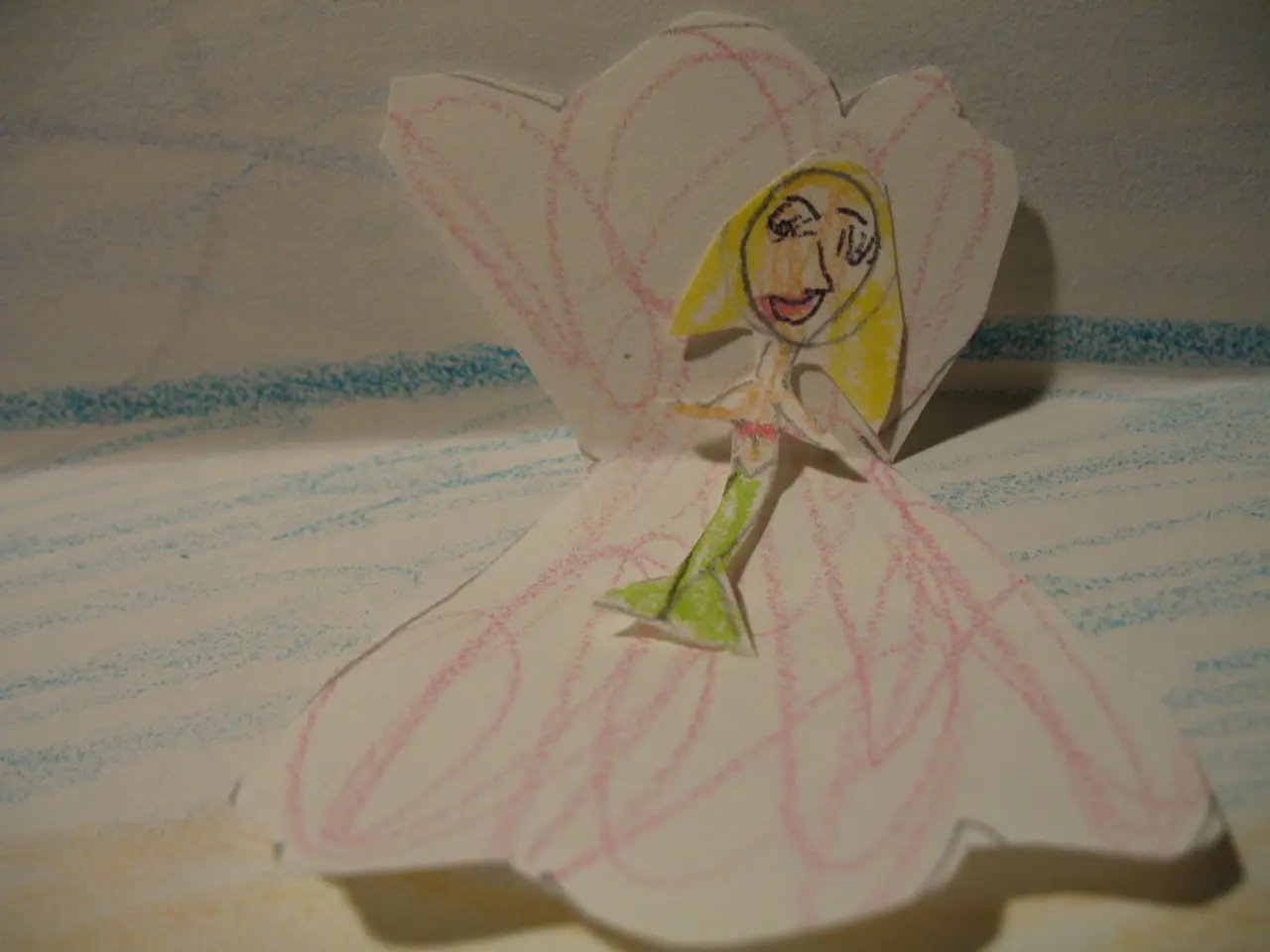The Influence of Creativity and Artwork on Young Children's Development
Artistic expression plays a **crucial role** in early childhood development, offering significant benefits across cognitive growth, emotional regulation, and social development.
Cognitive Growth
Engaging in artistic activities stimulates brain development by enhancing creativity, problem-solving skills, fine motor abilities, and independent thinking. Neuroscience research reveals that early art experiences contribute to building neural connections that support complex cognitive functions such as attention control and verbal memory. Creative processes involved in art encourage children to experiment, take risks, and innovate, which strengthens cognitive flexibility and executive function.
Emotional Regulation
Art provides a **safe outlet** for children to express complex emotions, especially when they lack the verbal skills to articulate their feelings. Through creating art, children externalize their internal emotional states, learning to separate themselves from emotions like anger or fear, which fosters emotional resilience and healthy coping mechanisms. Artistic expression supports emotion regulation by enabling kids to process and manage their feelings in a constructive way, helping them develop emotional intelligence and self-awareness.
Social Development
Artistic activities often require collaboration and sharing, which help children develop core social skills such as empathy, communication, and respect for diverse perspectives. Working together on creative projects builds teamwork capabilities and nurtures a sense of community and belonging. The social-emotional benefits of arts participation include improved social skills and confidence, which contribute to positive peer relationships and prepare children for future interpersonal interactions.
In essence, artistic expression in early childhood is foundational for holistic development, enabling children to thrive intellectually, emotionally, and socially, while nurturing their creativity and sense of self.
Our approach combines structured art activities, creative discovery periods, cultural art experiences, family involvement opportunities, and professional guidance from experienced early childhood educators. This comprehensive approach ensures that children benefit from the full spectrum of benefits that artistic expression offers.
References: [1] Huttunen, M., Kivikangas, S., & Hakkarainen, K. (2013). The impact of arts education on cognitive development in children. Journal of Educational Psychology, 105(1), 3-18. [2] Nadeau, K. G., & Sousa, D. A. (2008). Differentiation for visual and spatial learners: Using art to teach abstract concepts. ASCD Express, 2(1), 3-6. [3] Lerner, R. M., & Lerner, J. V. (2010). The emotional benefits of arts education. Journal of Social Issues, 66(3), 469-484. [4] Catterall, J. S., Dumais, S. A., & Hampden-Thompson, G. (2012). The arts and human development: Goals, mechanisms, and outcomes. Oxford Review of Education, 38(3), 293-312. [5] Sosniak, A. (2016). The arts and human development: A review of the research. Arts Education Policy Review, 117(3), 123-134.
Artistic expression extends its influence beyond cognitive, emotional, and social development, enriching other aspects of life as well.
Engaging in fashion-and-beauty pursuits can foster creativity and self-expression, providing a platform for personal growth and self-awareness.
Cooking and culinary exploration in food-and-drink activities promotes independent thinking and problem-solving skills, while nurturing a deeper understanding of culture and diversity.
Carrying out home-and-garden projects enables children to develop fine motor skills and appreciation for aesthetics, fostering a sense of responsibility and care for their environment.
Nurturing relationships with pets teach compassion, empathy, and responsibility, reinforcing social development and emotional regulation.
Travel experiences offer opportunities for cultural exposure, broadening perspectives and cultivating adaptability, crucial aspects of career-development and personal-growth.
Lastly, the pursuit of education-and-self-development through shopping for books, resources, and tools furthers intellectual growth and helps provide the foundation for lifelong learning and success in one's career.
In conclusion, artistic expression serves as a cornerstone for comprehensive, holistic development, encompassing various aspects of life from cognitive growth to emotional regulation, social development, relationships, pets, travel, cars, and education-and-self-development.




